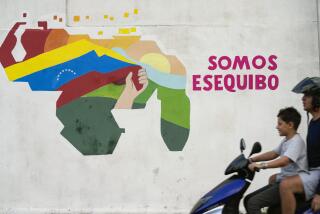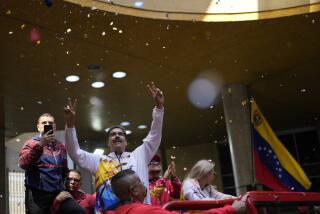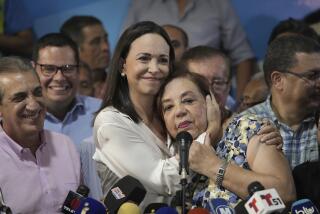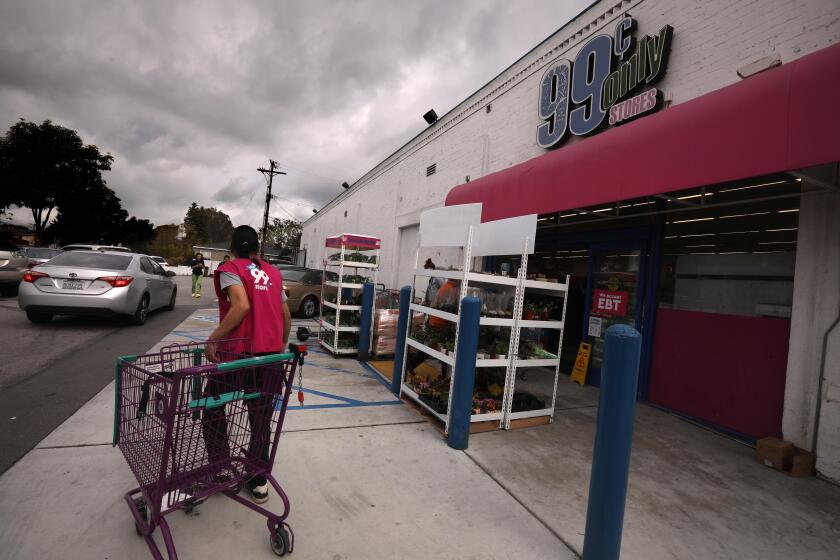Readers React: We should stop calling Juan Guaidó the ‘self-proclaimed’ president of Venezuela
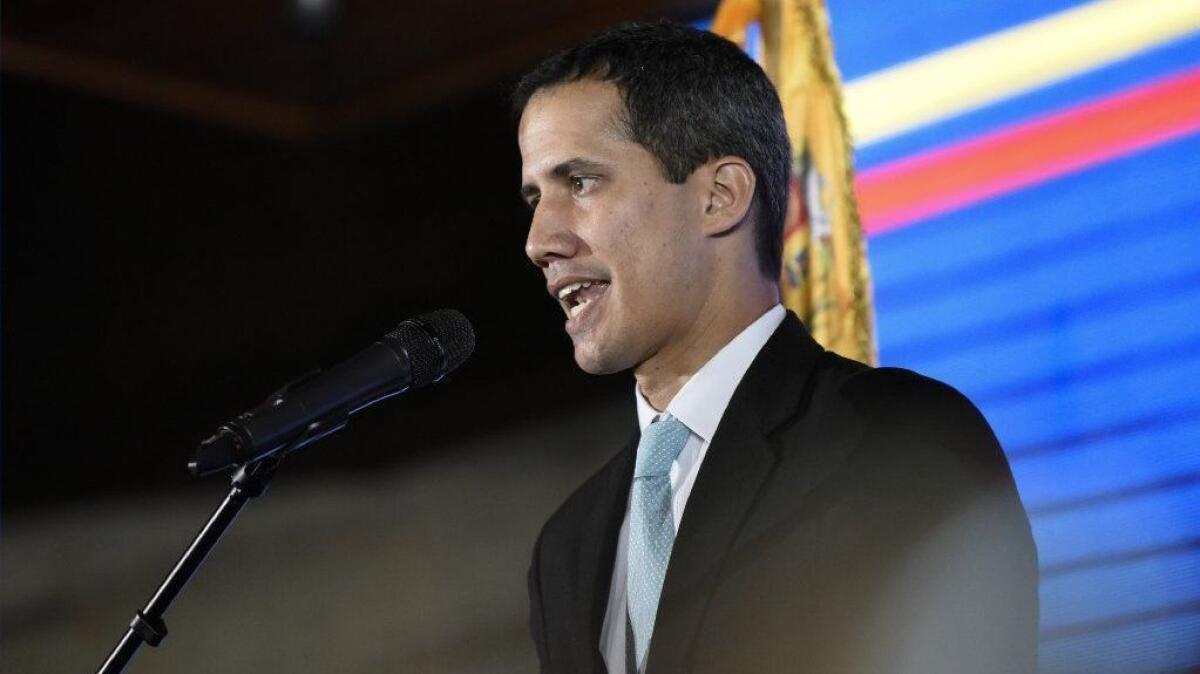
To the editor: In reporting the current political situation in Venezuela, you have referred to Juan Guaidó as the “self-proclaimed president,” or some variation thereof. This is both misleading and denigrating.
Guaidó, president of the Venezuelan National Assembly, now the country’s only constitutionally sanctioned parliamentary body, assumed powers granted to him by the constitution.
Article 233 allows the Assembly president to act as the country’s interim president in cases where the executive office is abandoned, which happened when former President Nicolás Maduro declared himself the winner of the fraudulent election on May 20.
The same fraudulent election made Guaidó and the Assembly invoke Article 333, which says the constitution remains valid even if it goes unobserved because of “acts by force.” Finally, Article 350 calls on the people to reject all actions that attempt to thwart democratic institutions or violate human rights.
All three articles sanction Guaidó’s executive powers. To say he is the “self-proclaimed” president is a distortion of the facts.
Enrico Santí, Claremont
..
To the editor: It should be noted for outsiders to Venezuelan politics, the date that Guaidó declared himself interim president is not an arbitrary moment in time. For Venezuelans, it is as symbolically important as Guaidó‘s act itself.
For it was on Jan. 23, 1958, that a civilian-military uprising ended the 10-year dictatorship of Marcos Pérez Jiménez and ushered in Venezuela’s modern electoral democracy.
The recent demonstrations and the street violence that followed Guaidó’s pronouncement, unlike the 2014 rallies that likewise sought to end Maduro’s presidency, are not limited to certain neighborhoods that have traditionally resisted the regime. They have taken place in the most emblematic of all the previously pro-Hugo Chávez neighborhoods — the eponymously named “23 de Enero” housing complex as well as in many other working-class neighborhoods.
These protests mark a new political paradigm in Venezuelan politics.
Warren Bratter, Greenwich, Conn.
Follow the Opinion section on Twitter @latimesopinion and Facebook.
More to Read
A cure for the common opinion
Get thought-provoking perspectives with our weekly newsletter.
You may occasionally receive promotional content from the Los Angeles Times.
